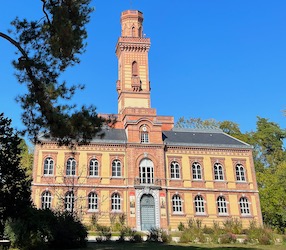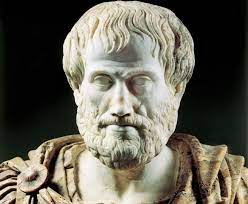To be governed or not to be governed?
Does our contemporary society need a government or can it do without one? The question may seem delusional to some but not to Philosophy Magazine, which organized a debate between Catherine Malabou and Jean-Claude Monod on this subject. Darling Anar Anarchy is making a comeback! Two forms are distinguished, the libertarianism of big capital, and … Read more










